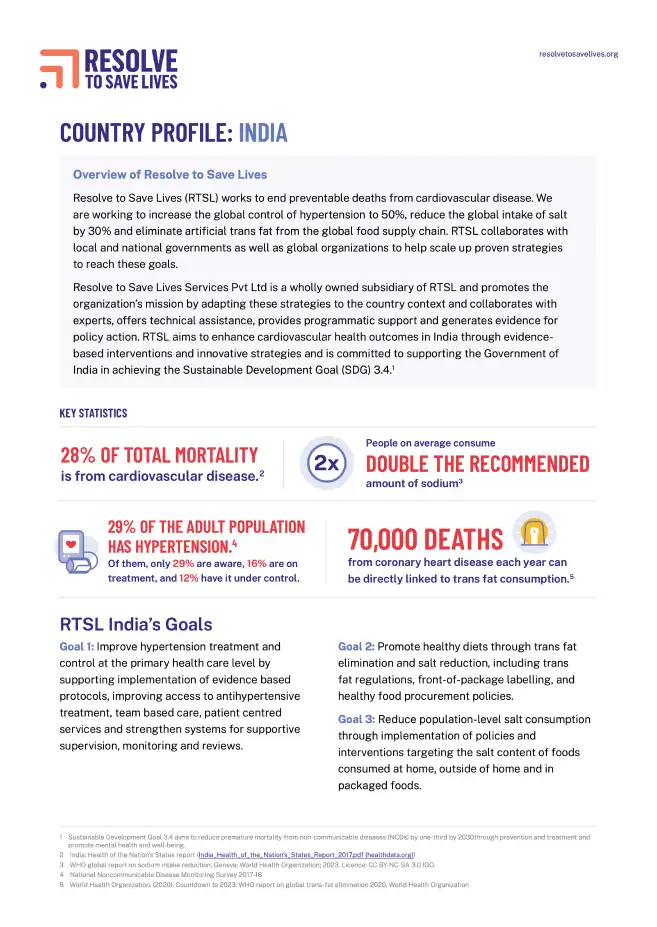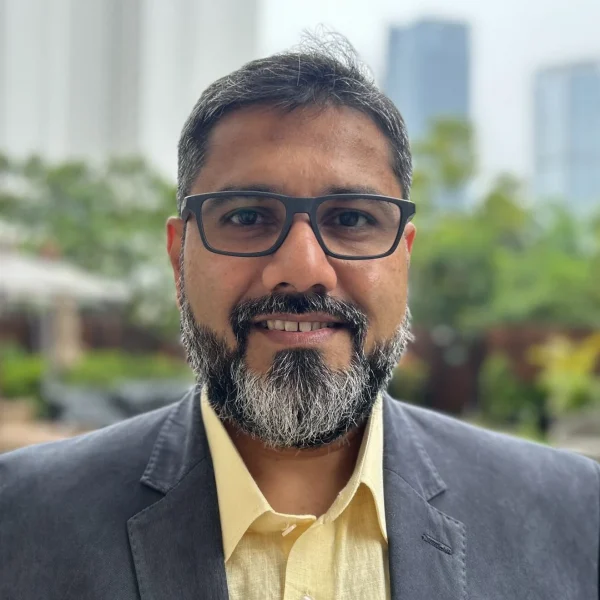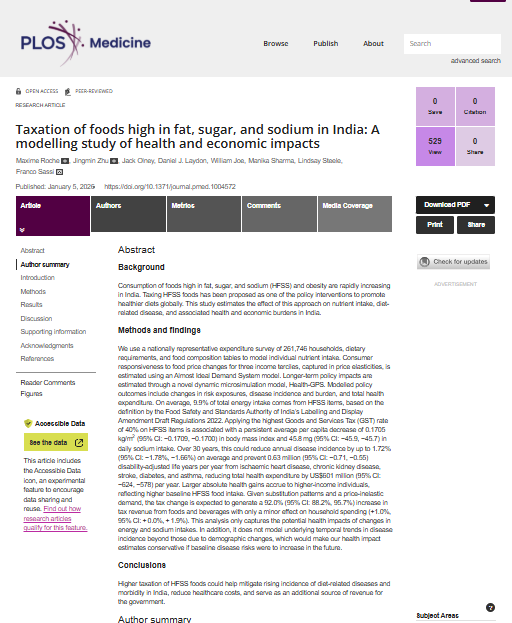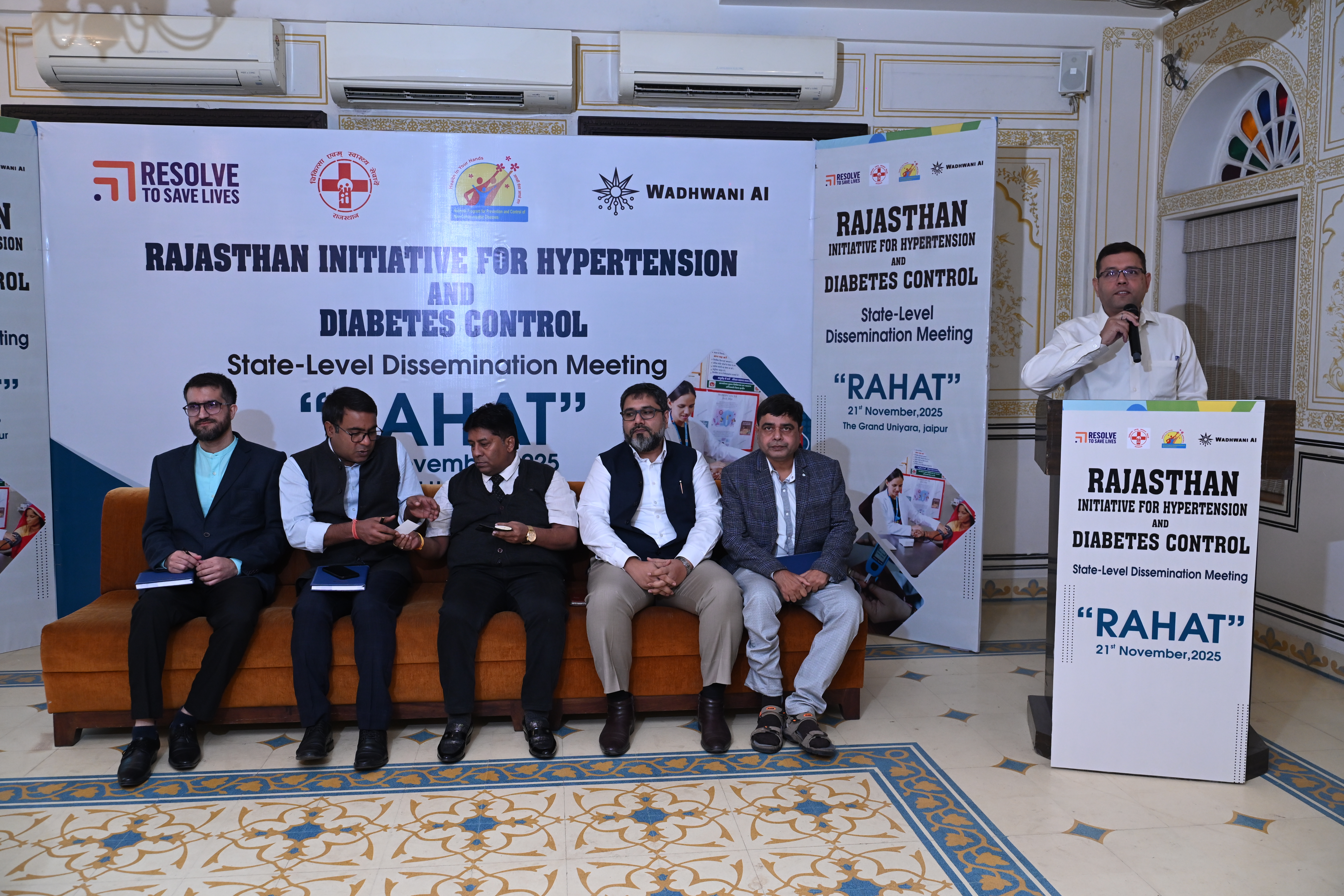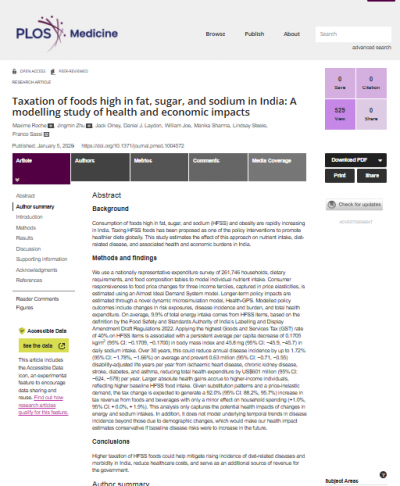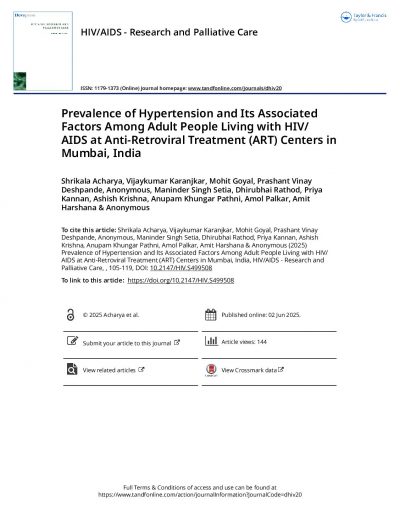Where we work / RTSL: India
RTSL: India
Resolve to Save Lives’ New Delhi office opened its doors in 2024 to serve our longstanding partnerships for cardiovascular health in India.
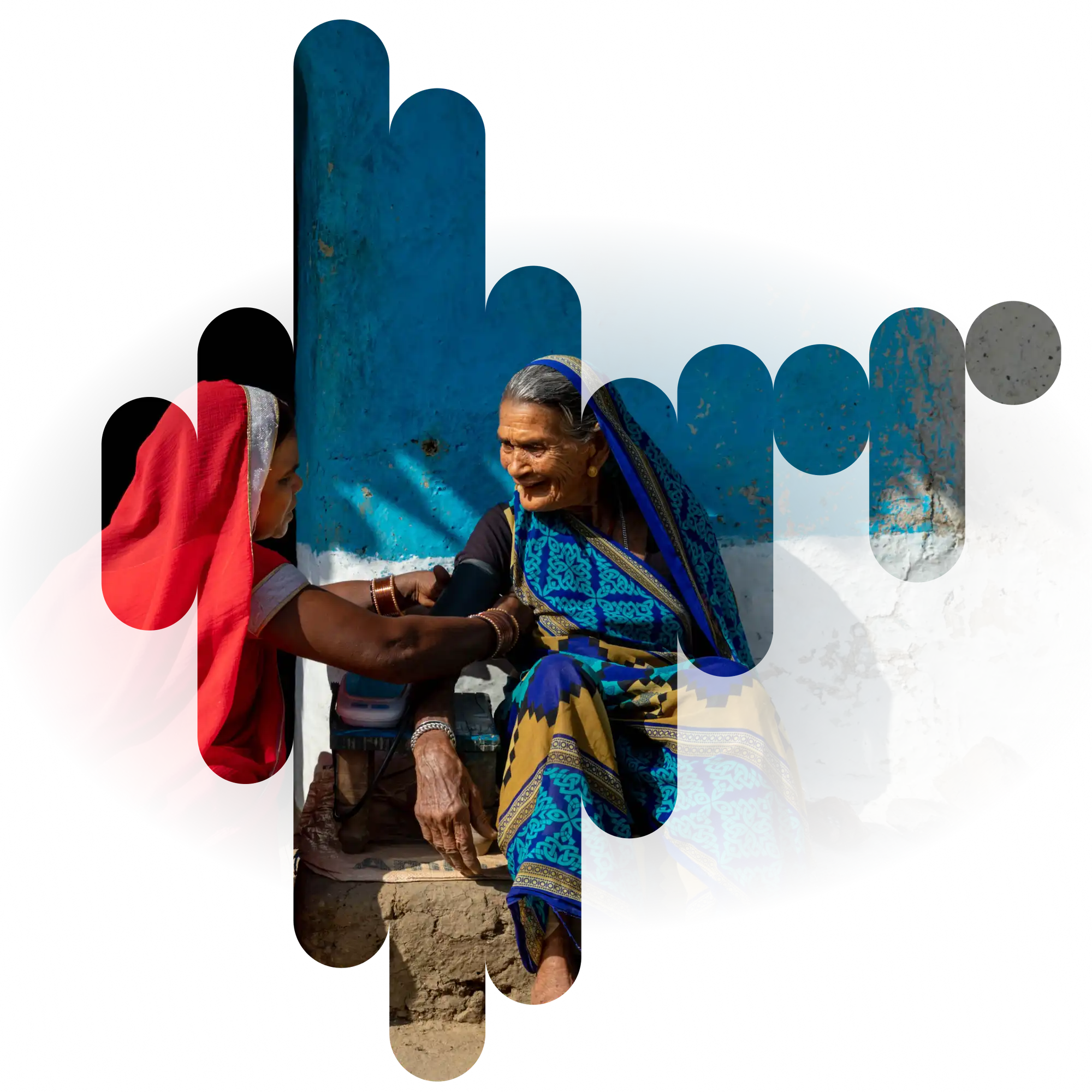
Resolve to Save Lives is committed to supporting the Government of India in achieving United Nations Sustainable Development Goal 3.4. To strengthen hypertension treatment and control under the National Program for Prevention & Control of NCDs (NP-NCD), RTSL launched the award-winning India Hypertension Control Initiative (IHCI) in 2017 in collaboration with the Ministry of Health and Family Welfare, state governments, the Indian Council of Medical Research, and the World Health Organization (WHO). In just a few short years, IHCI grew to provide quality care to millions of patients with hypertension and diabetes. With IHCI strategies now successfully integrated into the National Program, we continue to work with the Government and partners to strengthen primary health care for hypertension and diabetes control.
We also focus on promoting healthier diets to improve heart health in India, with an emphasis on sodium reduction to support the Government of India’s goal of a 30% reduction in salt intake at the population level. Our key areas of work include supporting interventions like replacing edible salt with low-sodium substitutes in households, implementing healthy food procurement policies in schools and other public settings, and supporting the government in reducing the consumption of processed and packaged foods through interventions like front-of-pack labelling, fiscal measures, and marketing restrictions on unhealthy foods, all aimed at fostering a healthier food environment.
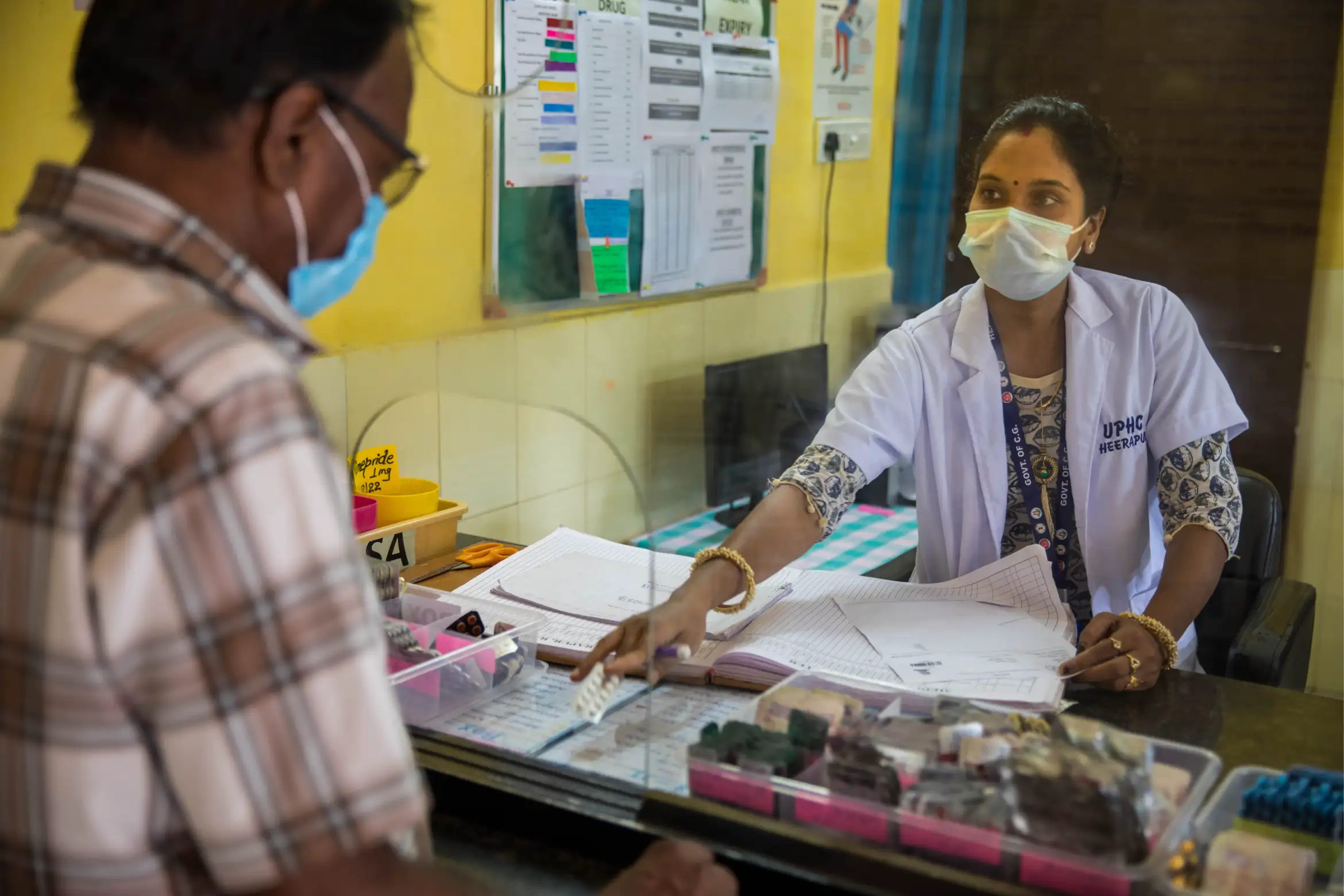
In 2021, India became the first low- to middle-income country to join our global movement to eliminate trans fat from the food supply by adopting WHO’s REPLACE action package, developed and implemented with RTSL’s technical expertise. Our support for trans fat elimination in India continues through efforts to strengthen laboratories for effective monitoring and enforcement, as well as by advancing research on healthier replacement options.
Our programs
Our experts in India
Our partners in India
- Ministry of Health and Family Welfare (MoHFW)
- Indian Council of Medical Research (ICMR)
- National Health Systems Resource Centre (NHSRC)
- Food Safety and Standards Authority of India (FSSAI)
- National Institute of Nutrition (NIN)
- World Health Organization (WHO)
- Global Health Advocacy Incubator
- WISH Foundation
- IPE Global
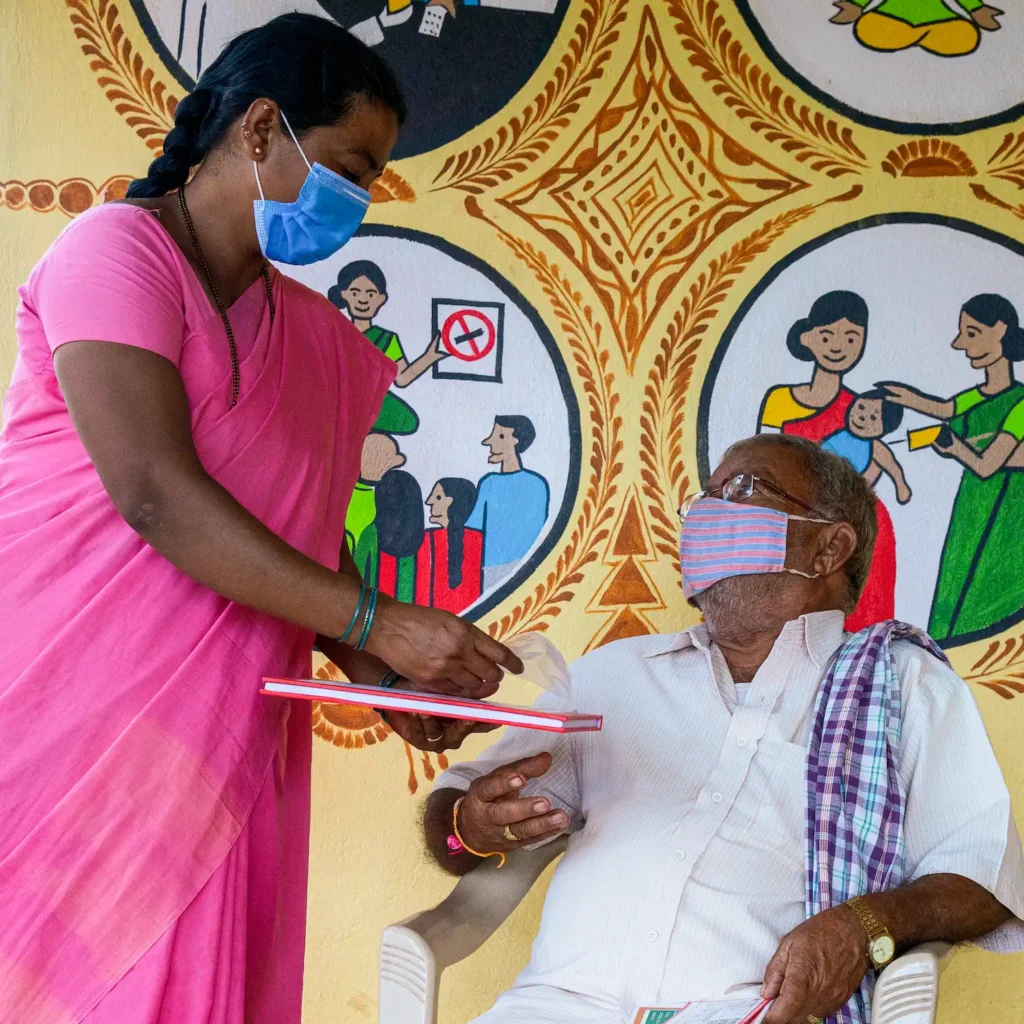
News from India
Resources
Contact us
Resolve To Save Lives Services
Private Limited Regus,
4th Floor, Rectangle No 1,
Commercial Complex D4, Saket,
New Delhi-110017, India
| Phone | 01166544051 |
| CIN | U82990DL2023FTC422985 |
| [email protected] |
